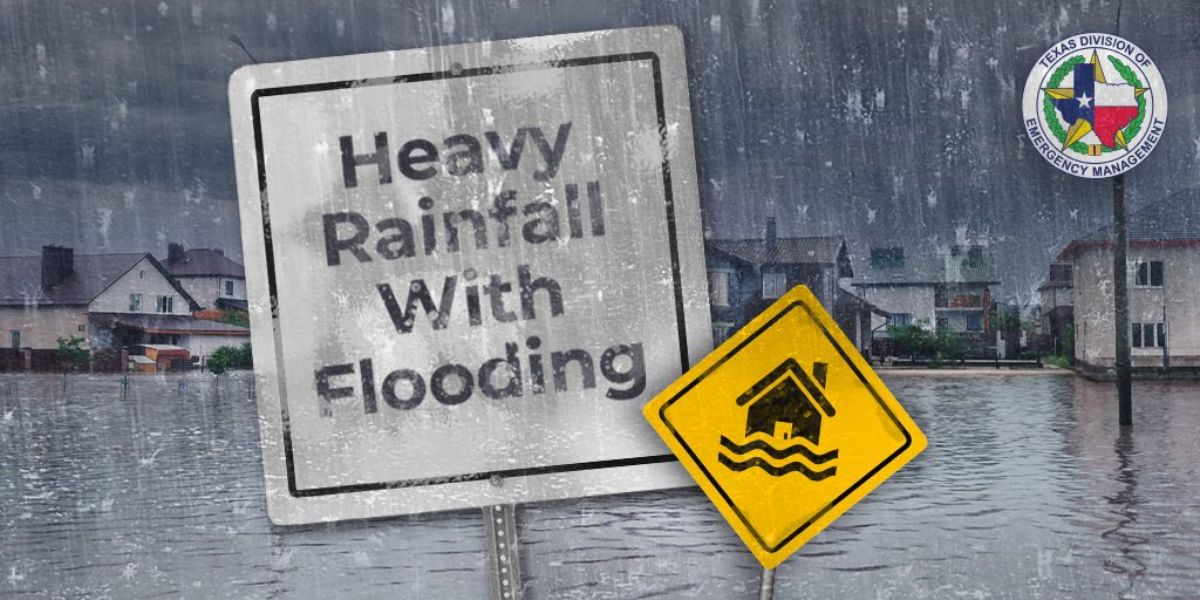Taxpayers who brush off a last‑chance bill from the Internal Revenue Service risk seeing their house auctioned to cover overdue balances.
The IRS is turning up the heat on chronic tax debtors. Under the Internal Revenue Code (IRC), the agency can attach a lien, seize real estate and sell it—sometimes within weeks—if required steps go unanswered. Homeowners who fail to react to a “Final Notice of Intent to Levy and Your Rights to a Hearing” are squarely in the agency’s sights.
After an unpaid bill ages, the IRS can escalate quickly. Beneficiaries of any tax‑relief plan—or those still working one out—must act fast, because seizure kicks in only when communication stops.
Why the Internal Revenue Service can legally move from tax bills to home seizures
The IRC empowers the agency to collect delinquent taxes by taking and selling property. First comes an assessment of what you owe; next, a bill. If that bill is ignored, the IRS issues the final levy notice at least 30 days before action.
New Tax Reform Resets Social Security Rules, Affecting Millions of Retirees
Miss that window and the Service may place a lien on your house, garnish wages, or empty bank accounts. Scary? You bet—but entirely avoidable. Below is the IRS‑verified roadmap that precedes any seizure:
| Step | IRS action | Your smartest response |
|---|---|---|
| 1 | Advance notice that third parties may be contacted | Verify your records and gather documents |
| 2 | Formal tax determination and bill sent | Arrange payment or set up a plan immediately |
| 3 | Debt remains unpaid after the bill | Keep an open line with the IRS collections unit |
| 4 | Final Notice of Intent to Levy issued (30‑day clock starts) | Call the number on the notice, request a hearing, or pay |
Wondering whether your home could be next? If you have received that final letter, the clock is already ticking.
Moves for taxpayers who just received a ‘Final Notice of Intent to Levy’
- Don’t panic—contact the IRS today. A phone call can freeze collection while you negotiate.
- Request a Collection Due Process hearing. This preserves your appeal rights.
- Explore payment plans or an offer in compromise. Even partial payments show good faith.
- Document financial hardship. Proving economic harm may halt the levy altogether.
Failing to act means the agency will calculate a minimum auction price, publish public notice, wait at least ten days, and sell the property. Proceeds cover sale costs first, then taxes; any leftover funds are returned, but few homeowners find comfort in that silver lining.
Respond to every IRS letter, especially the final levy notice. Open communication, prompt paperwork, and a realistic payment plan can keep the roof over your head. Consequences only escalate when silence sets in.




